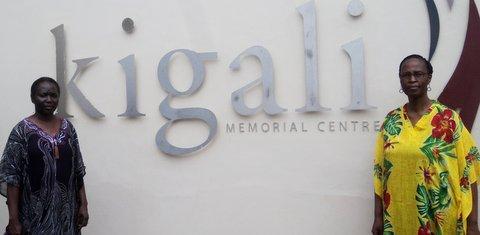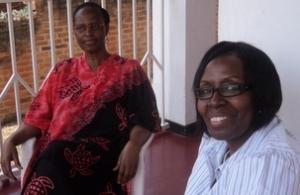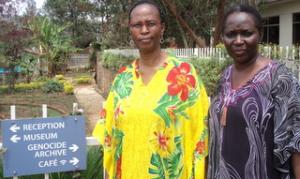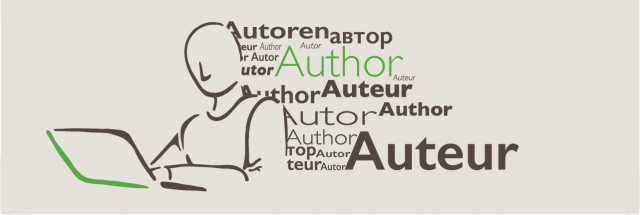Rwanda – indigenising development

At the international conference centre in Caux, Switzerland, Mathilde Kayitesi, Executive Secretary of Umuhuza, a local NGO and board member IofC Great Lakes Initiative met with Nombulelo Khanyile (South African) and Amina Dikedi-Ajakaiye (Nigerian) to discuss some thoughts she had about Rwanda, and how the African Co-ordination Group (ACG) could assist with the work they were doing with women and the youth. Little did we know that in less than two months we would be in Rwanda.
The ACG scheduled a meeting in Kenya to evaluate the progress and future of Workshop for Africa. Taking the opportunity of being in the region, we visited Initiatives of Change (IofC) friends in Uganda and Rwanda. Our visit to Rwanda was very short, two nights, but one we will not forget in a long time. From the time we arrived till our departure, we were very impressed by the development that has taken place, especially in Kigali, the capital city that had been ravaged by the genocide in 1994.
 In Rwanda, we began to appreciate how cultural concepts and values have been adopted as a vehicle for development. No longer is grass-roots involvement or accountability a foreign idea from experts but rather the government has found ways to recall practical cultural values to encourage participatory citizenship for development. During the meeting with Ambassador Fatuma Ndangiza, Deputy CEO of Rwanda Governance Board (RGB), Matilde Kayitesi and Didacienne Mukahabeshimana, (all three have visited Caux at different times), they shared some of these concepts with us.
In Rwanda, we began to appreciate how cultural concepts and values have been adopted as a vehicle for development. No longer is grass-roots involvement or accountability a foreign idea from experts but rather the government has found ways to recall practical cultural values to encourage participatory citizenship for development. During the meeting with Ambassador Fatuma Ndangiza, Deputy CEO of Rwanda Governance Board (RGB), Matilde Kayitesi and Didacienne Mukahabeshimana, (all three have visited Caux at different times), they shared some of these concepts with us.
We were amazed to see the streets of Kigali clean and orderly. Not only are they swept but people do not drop litter! Every last Saturday of the month, people come together to clean up their neighbourhood. This is called Mungada. We were told that the President once asked the people if they needed foreign aid to keep their homes and environment clean!
The second concept is Imihigo. This is a concept where each unit of society – village, county or district – set targets and time frames to achieve their goals. It is a competitive performance contract developed by the people to meet their needs. All sectors and villages will submit their imihigo to the district administration. No white elephant projects! We learned that the nation is reminded of the need for dignity and self-reliance in achieving development.
Agachiro, another concept that intrigued us, refers to the dignity fund. The premise of this fund is that one cannot owe sustainable development solely to outside funding. You cannot claim your dignity by begging. Institutions and individuals make contributions towards specific developmental goals.The story is told of a pupil who proudly contributed 100 Rwandese Francs, the equivalent of 20 cents (USD) for the reconstruction of her school. In 2012 an estimated 10 billion Rwandese francs (about 60% of the total amount) was internally generated.
A few hours before our departure, we visited the Kigali Genocide Memorial, situated in the heart of Kigali, where about 250,000 victims of the genocide are buried. This genocide memorial is well and comprehensively documented, and also gives one the picture of how Rwanda was before the genocide. We left Rwanda feeling that it is truly a nation that holds great promise for Africa.
Rwanda is a nation with no natural resources such as oil, diamonds or gold. Most of what people know of this land-locked nation is the 1994 genocide which shocked the world, yet it is on record that they made contributions to victims of Tsunami, Haiti and Somalia. The application of indigenous wisdom and needs based development has helped Rwanda to be where it is today. Indeed, as Ambassador Fatima of Rwanda Governance Board said, 'our number one natural resource is our people!'
Amina Dikedi-Ajakaiye Nombulelo Khanyile


